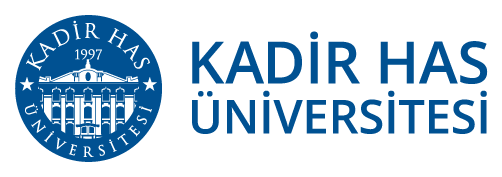Kadir Has University has enabled and codified remote and flexible working for academic and administrative staff. While all courses have been on campus prior to the pandemic, academic staff at Kadir Has University have always been able to work remotely. Beginning with the pandemic, distance learning and then hybrid models became prevalent.
Remote work is codified as follows:
Remote Work (Amended: MH-29/06/2020-2020/06)
Article 23- (1) Administrative Personnel may fulfill their performance of work within the scope of the working organization formed by the University, according to the principles, procedures, and situations determined by the Rectorate.
(2) During remote work, the personnel must comply with the working hours of the University at maximum and be accessible via mobile phone and email during working hours.
(3) Remote work hours are included in the performance evaluation system.
Remote working is a practice that we offer to our employees whose conditions are suitable for remote working as a way of doing business with the administrative staff, and we have been continuing this practice for about two years in certain units. As the Human Resources department of our university, we follow flexible working models, which have become an indispensable part of business life in increasing employee loyalty and productivity, and the legal requirements they bring.
The efficacy of this strategy was demonstrated in 2023 when 10 dedicated employees actively accepted and engaged in the remote working arrangement.
Kadir Has University displays a proactive approach to remote work by adopting a clear protocol, focusing on legal compliance and the well-defined duties of both the institution and its employees. This methodical approach develops a work environment that is not only flexible to changing circumstances but also promotes the well-being and efficiency of its employees. As the workplace evolves, the Remote Working Protocol demonstrates the university's commitment to maintaining operational continuity while adhering to regulatory norms and protecting the well-being of its employees.
